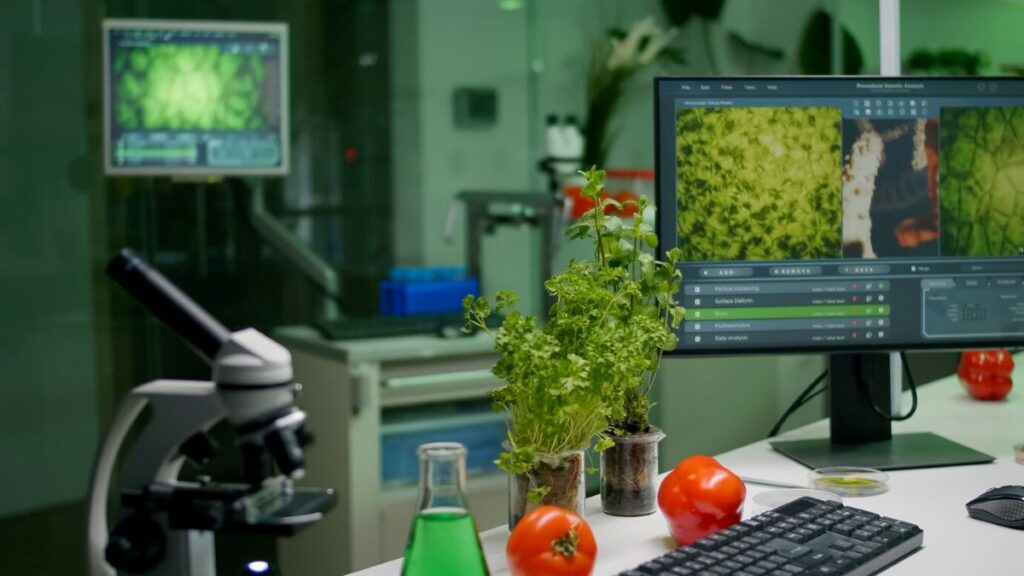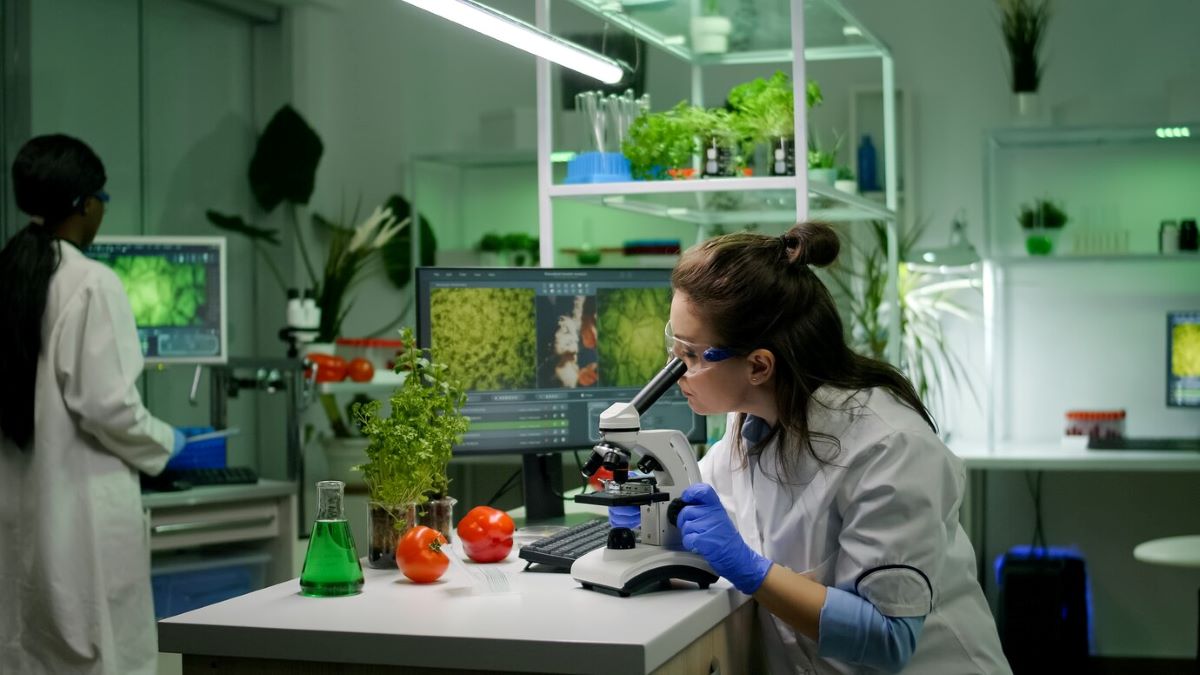In today’s fast-paced food industry, maintaining high standards of food safety is paramount. With increasing regulations and the ever-present threat of foodborne illnesses, businesses must be proactive in their approach to compliance. Food safety audit software has emerged as a vital tool for organisations aiming to streamline their processes and ensure they are always prepared for inspections. This article explores how such software can enhance food safety management and facilitate smoother audits.
The Importance of Food Safety Audits
Food safety audits serve as a critical checkpoint for businesses in the food sector. They assess compliance with local and international food safety standards, ensuring that food products are safe for consumption. Regular audits not only help in identifying potential risks but also foster a culture of accountability and continuous improvement.
Regulatory Compliance
Compliance with food safety regulations is non-negotiable. In Australia, the Food Standards Australia New Zealand (FSANZ) sets the framework for food safety practices. Non-compliance can lead to severe penalties, including fines and business closures. Food safety audit software helps organisations maintain compliance by providing tools to document processes, track changes, and ensure that all necessary procedures are followed. Furthermore, these audits often serve as a valuable resource for training staff, ensuring that everyone involved in food handling understands the importance of adhering to safety protocols. By embedding these practices into the company culture, businesses can significantly reduce the likelihood of violations and enhance their reputation among consumers.
Risk Management
Identifying and mitigating risks is a core function of food safety audits. The software enables businesses to conduct thorough risk assessments, pinpointing areas that may require immediate attention. By using data analytics, companies can track trends and patterns, allowing them to proactively address potential issues before they escalate. Additionally, audits often reveal insights into operational inefficiencies that can be rectified to improve overall productivity. For instance, a recurring issue with a particular supplier might indicate the need for a change in sourcing practices or a review of quality control measures. This proactive approach not only safeguards public health but also contributes to the long-term sustainability of the business, as it encourages a mindset focused on continuous improvement and innovation in food safety practices.
Features of Food Safety Audit Software
Food safety audit software comes equipped with a variety of features designed to simplify the auditing process. These tools not only enhance efficiency but also improve overall food safety management.
Real-Time Monitoring
One of the standout features of food safety audit software is real-time monitoring. This capability allows businesses to track critical control points (CCPs) continuously, ensuring that any deviations from safety standards are detected immediately. For instance, temperature fluctuations in storage areas can be monitored, and alerts can be sent to relevant personnel, allowing for swift corrective actions. Moreover, this feature can significantly reduce the risk of foodborne illnesses, as it enables businesses to maintain compliance with health regulations and industry standards, fostering consumer trust and safeguarding public health.
Customisable Checklists
Every food business is unique, and as such, their audit checklists should reflect their specific operational needs. Food safety audit software allows users to create customisable checklists tailored to their processes. This flexibility ensures that all relevant factors are considered during an audit, enhancing the thoroughness of the assessment. Additionally, the ability to update these checklists in response to regulatory changes or internal policy adjustments means that businesses can remain agile and proactive in their approach to food safety, ultimately leading to improved operational efficiency and reduced risk of non-compliance.
Document Management
Effective document management is crucial in the food industry. Food safety audit software provides a centralised platform for storing all relevant documentation, including policies, procedures, and previous audit reports. This not only simplifies access to information but also ensures that all records are up-to-date and easily retrievable during inspections. Furthermore, the software often includes version control features, which track changes made to documents over time. This is particularly beneficial for maintaining compliance, as it allows businesses to demonstrate their adherence to regulations and standards through a clear audit trail, thereby reinforcing accountability and transparency within their operations.
Streamlining the Audit Process
The audit process can often be cumbersome and time-consuming. However, food safety audit software is designed to streamline this process, making it more efficient and less stressful for businesses.
Automated Reporting
Generating reports can be one of the most labor-intensive aspects of an audit. Food safety audit software automates this process, allowing users to generate comprehensive reports with just a few clicks. These reports can be customised to meet specific requirements, ensuring that all necessary information is included for inspectors.

Improved Communication
Effective communication is essential during an audit. The software facilitates better communication among team members by providing a platform for sharing updates, findings, and action plans. This ensures that everyone is on the same page and can collaborate effectively to address any issues identified during the audit.
Enhancing Training and Awareness
Training staff on food safety practices is critical to maintaining high standards. Food safety audit software can play a significant role in enhancing training and awareness within an organisation.
Training Modules
Many food safety audit software solutions include training modules that educate staff on food safety regulations and best practices. These modules can be tailored to different roles within the organisation, ensuring that all employees understand their responsibilities. Regular training updates can also be integrated into the system, keeping staff informed of any changes in regulations or procedures.
Knowledge Sharing
Food safety audit software fosters a culture of knowledge sharing. By providing access to resources, case studies, and best practices, employees can learn from each other and improve their understanding of food safety. This collective knowledge enhances the overall safety culture within the organisation, leading to better compliance and fewer incidents.
Preparing for Inspections
Being prepared for inspections is crucial for any food business. Food safety audit software equips organisations with the tools they need to ensure they are ready when the time comes.
Mock Audits
Conducting mock audits is an effective way to prepare for official inspections. Food safety audit software allows businesses to simulate the audit process, identifying potential weaknesses and areas for improvement. These mock audits can be scheduled regularly, ensuring that the organisation remains vigilant and prepared for any upcoming inspections.
Action Plan Development
When issues are identified during an audit, it is essential to develop an action plan to address them. Food safety audit software enables organisations to create and track action plans efficiently. This ensures that all identified issues are resolved in a timely manner, demonstrating to inspectors that the business is proactive in maintaining food safety standards.
Case Studies: Success Stories
Several organisations have successfully implemented food safety audit software, resulting in significant improvements in their operations and compliance. These case studies highlight the tangible benefits of adopting such technology.
Case Study 1: A Large Food Manufacturer
A large food manufacturer in Australia faced challenges with compliance and documentation during inspections. By implementing food safety audit software, they streamlined their processes, enabling real-time monitoring of critical control points. As a result, they reduced the time spent preparing for audits by 50% and achieved a 95% compliance rate during their next inspection.
Case Study 2: A Small Catering Business
A small catering business struggled with maintaining consistent food safety practices across multiple events. After adopting food safety audit software, they were able to create custom checklists tailored to each event’s specific requirements. This led to improved consistency and a notable decrease in food safety incidents, ultimately enhancing their reputation and client satisfaction.

Conclusion
Food safety audit software is a powerful tool that can significantly enhance an organisation’s ability to maintain compliance and prepare for inspections. By streamlining processes, improving communication, and fostering a culture of continuous improvement, businesses can ensure they are always ready for audits. As the food industry continues to evolve, investing in such technology will be crucial for organisations aiming to uphold the highest standards of food safety.
In an era where consumer trust is paramount, leveraging food safety audit software not only safeguards public health but also strengthens a company’s reputation. With the right tools in place, businesses can navigate the complexities of food safety with confidence, ensuring that they are always prepared for whatever challenges may arise.
More to Read : Why Food Safety and Quality Management Software is Essential for Restaurants



